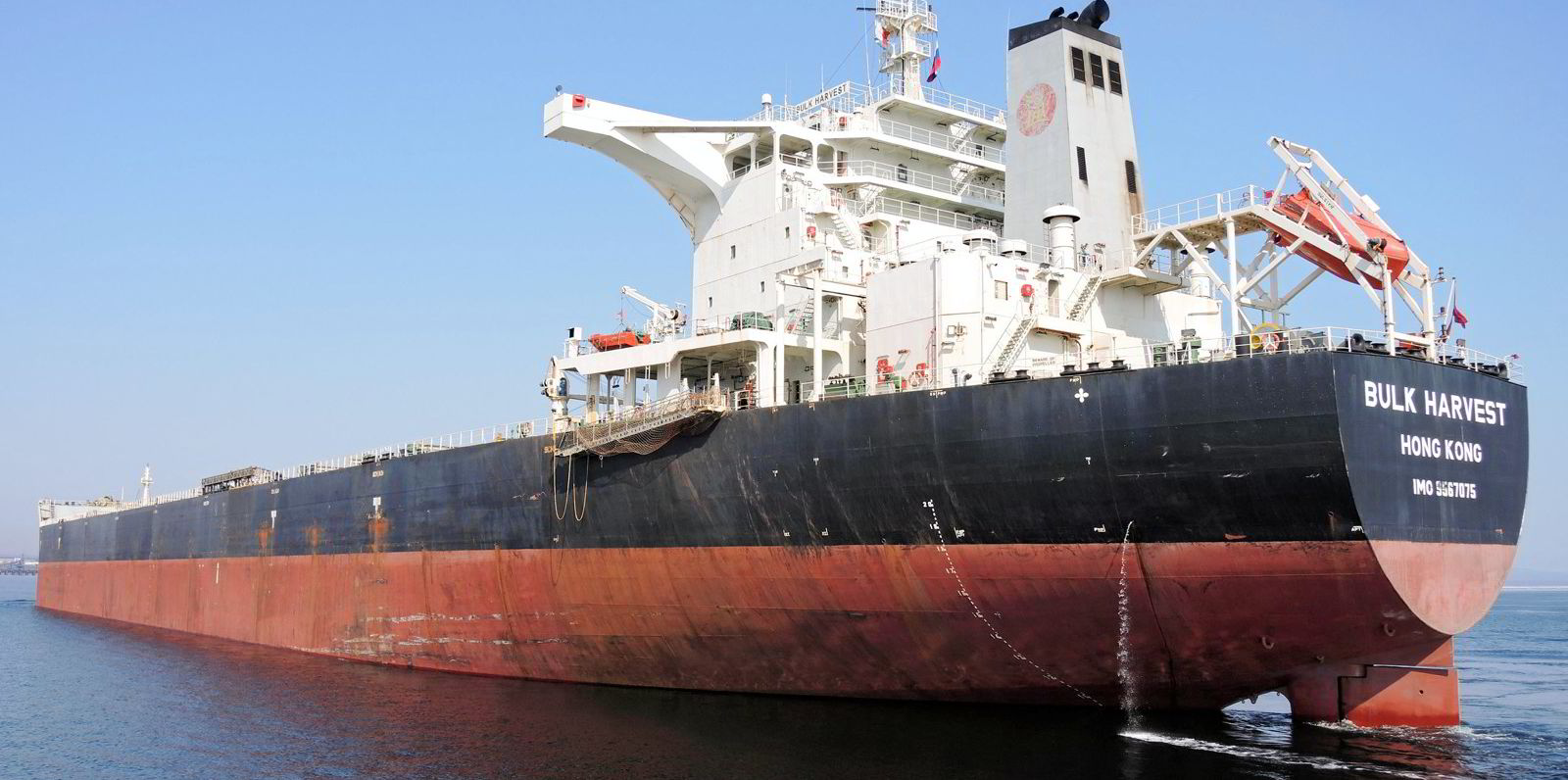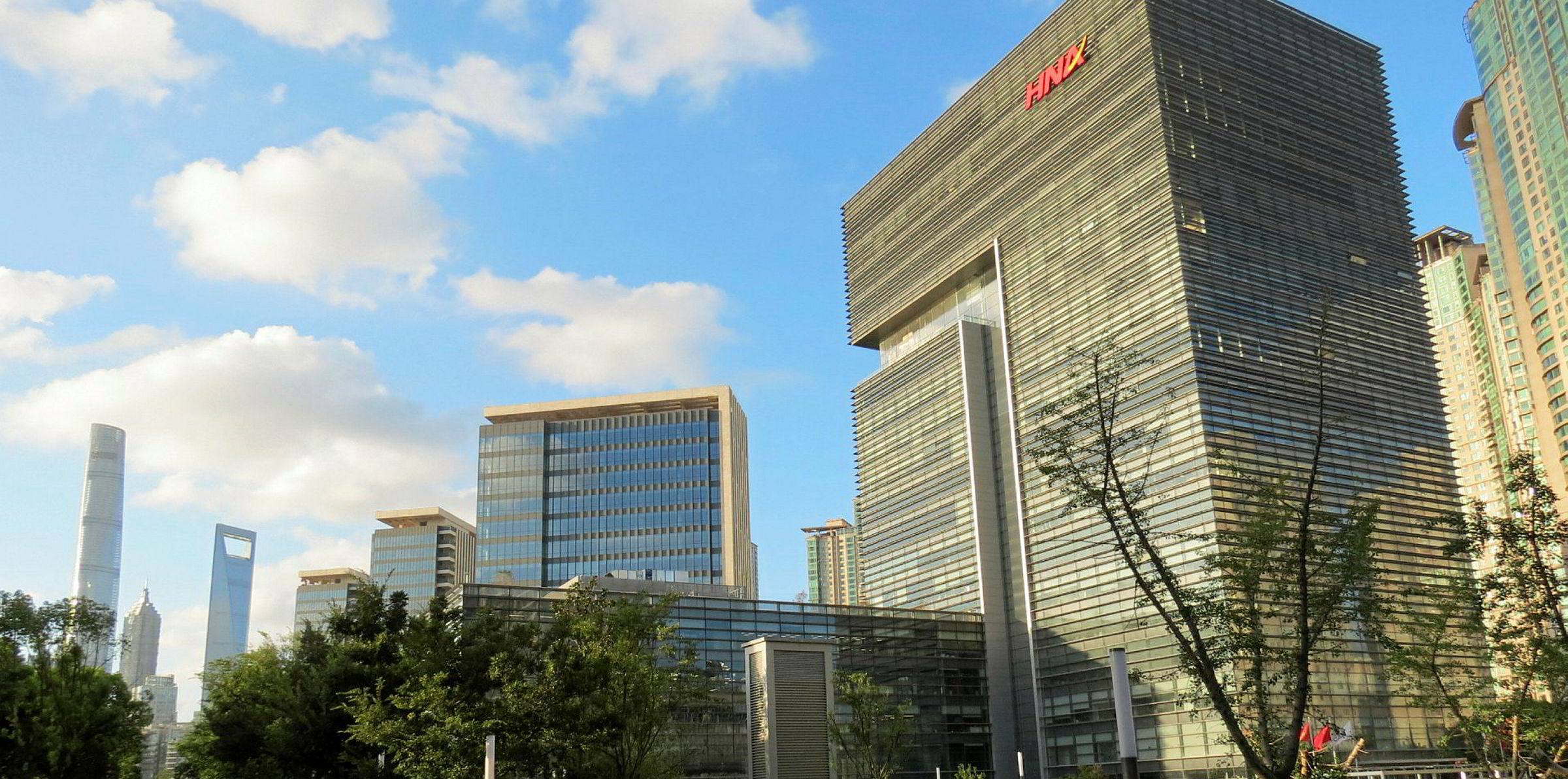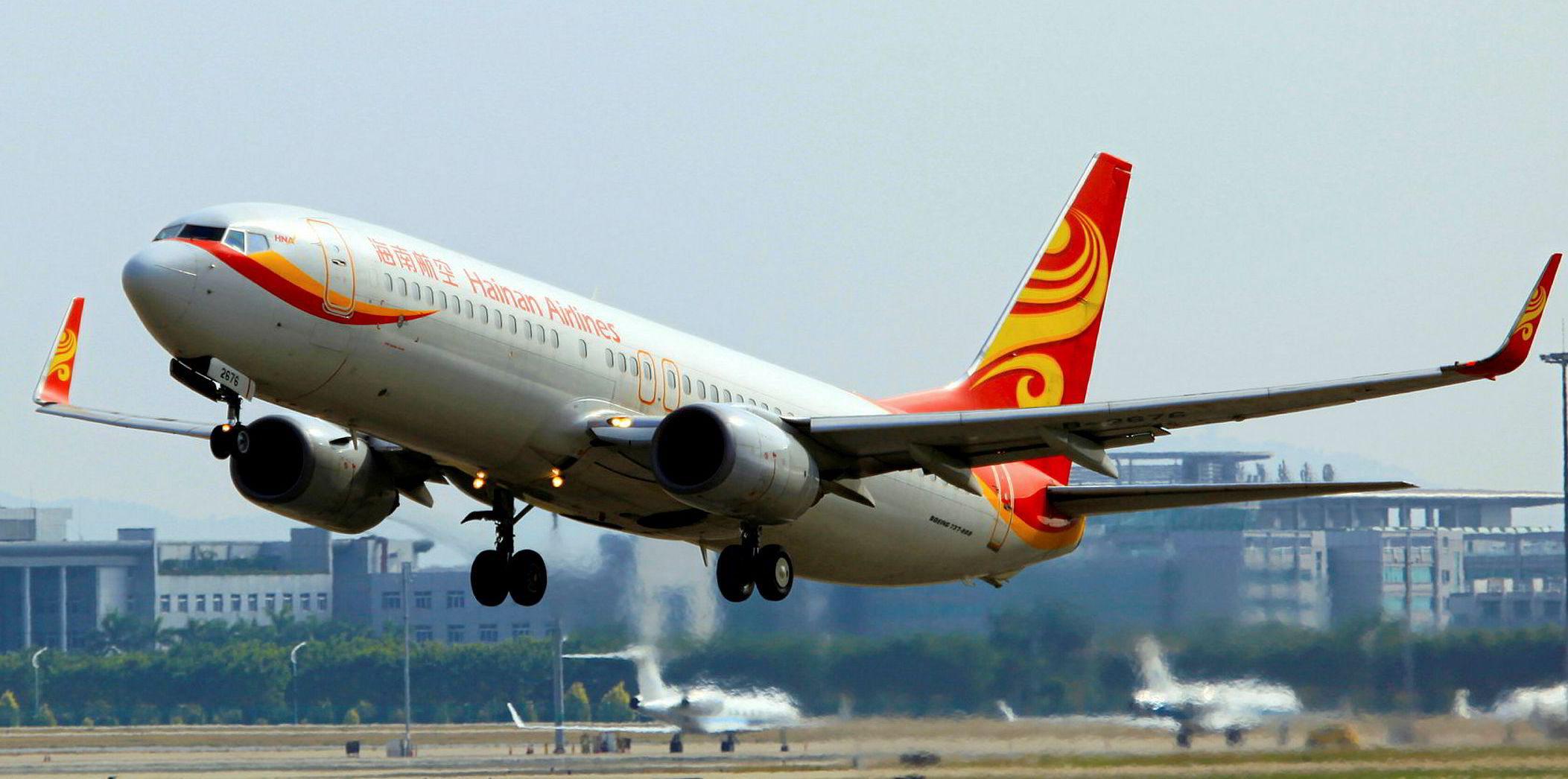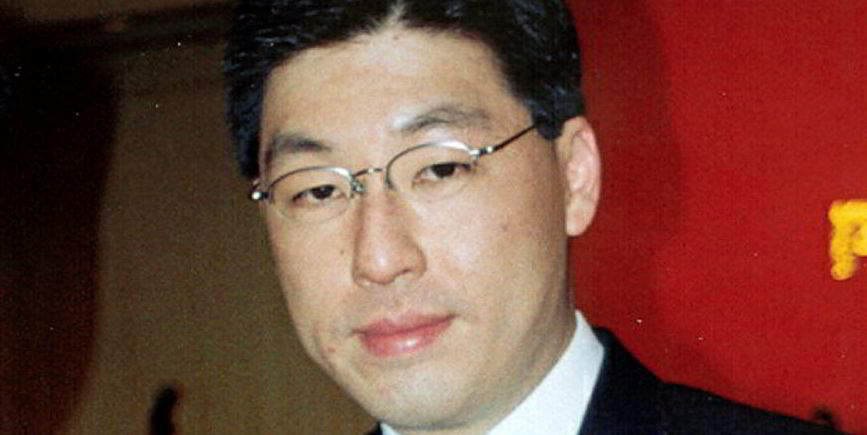HNA Technology — part of Chinese transport conglomerate HNA Group — has made a surprise purchase of two capesize vessels, despite having planned to end its bulker operations.
Hainan-based HNA Group operated one of the world’s largest bulker fleets via Grand China Logistics in the early 2010s, before the subsidiary was forced to default on charter payments during a market downturn.
Since 2017, the conglomerate has merged its shipping and shipbuilding assets into its technology division following its acquisition of US-based Ingram Micro, which distributes information technology products.
TradeWinds reported HNA Technology planned to sell its entire bulker fleet and that key chartering managers had quit in 2018, but the sales process appears to have slowed.
Moreover, the Shanghai-listed subsidiary said it had actually acquired the 175,600-dwt Bulk Harvest and Bulk Joyance (both built 2012) from affiliate Pu Hang Leasing for CNY 146m ($22.3m) each in early December.
'Upwards trajectory'
“The bulker market is on an upwards trajectory, and shipping companies have deployed more capacity as the Chinese maritime transport industry has fully recovered from the pandemic,” HNA Technology said in an exchange filing.
“We will expand our industry supply chain and increase our competitiveness via this deal.”
The ships — both constructed by HNA Gorup’s own Jinhai Intelligent Manufacturing shipyard — will achieve net profits of CNY 16m to CNY 20m on revenues between CNY 100m and CNY 130m per year, according to HNA Technology’s estimates.
Both vessels are believed to have been chartered to and operated by HNA Technology for years, as they have been on the company’s fleet list as per commercial databases.
Still, Chinese media reported the deal could signal HNA Technology’s renewed focus on the maritime sector as it shed IT assets.
Earlier this month, the company sold Ingram Micro to private equity Platinum Energy for $7.2bn to improve liquidity.
HNA Group had been one of China’s most active players on the global merger and acquisition scene before Beijing policymakers pulled back support for debt-funded acquisitions in 2017.
The conglomerate, which is believed to enjoy close connections to officials in Beijing and local government, has since been deleveraging to reduce its debt burden.
With Hainan Airlines, the group’s flagship unit, suffering heavy losses due to the coronavirus outbreak, the Hainan provincial government agreed to bail out HNA Group in February and effectively took control of the conglomerate.






